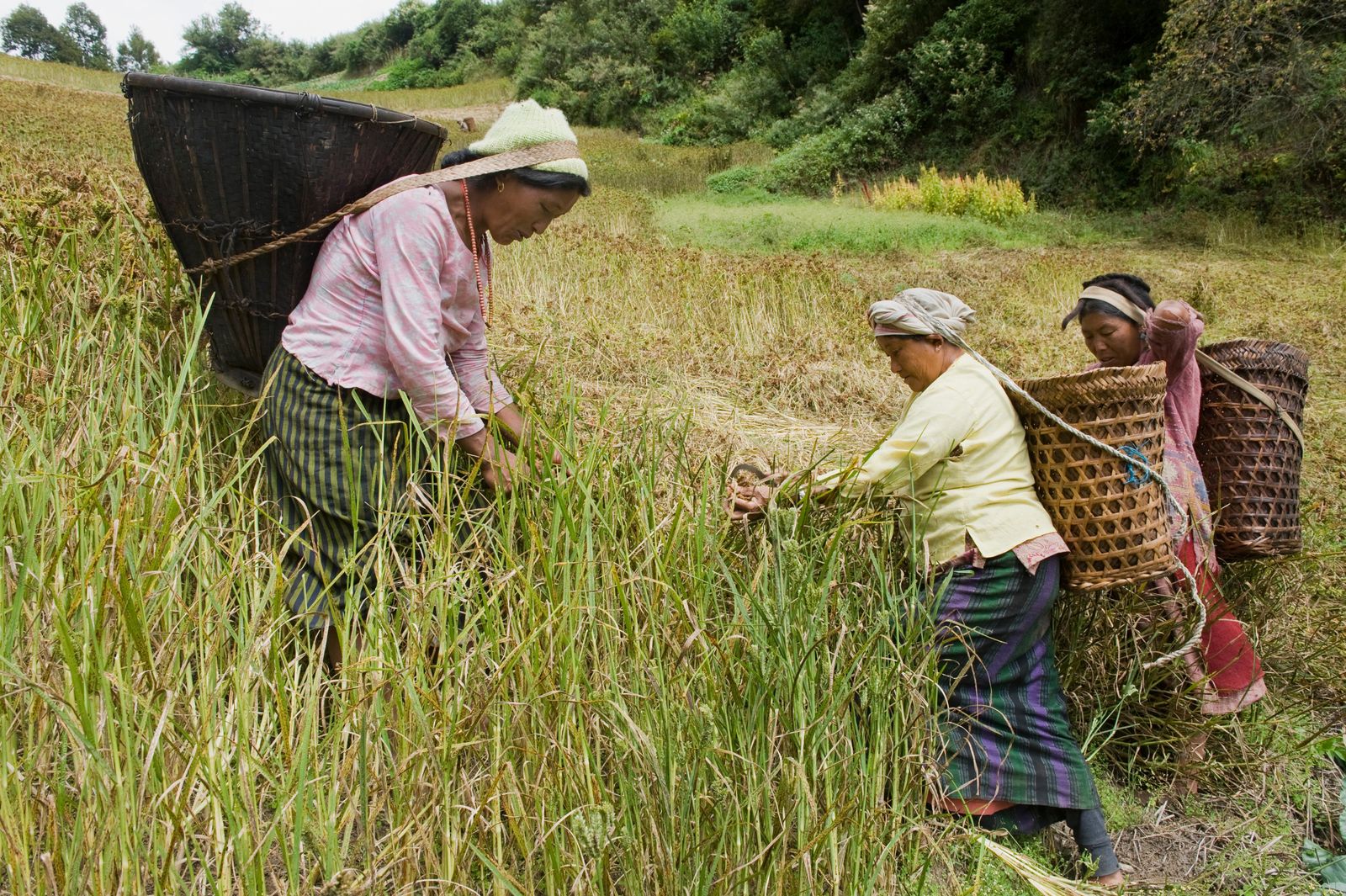Which Most Directly Helped Early Humans Develop Agriculture
In addition this transition in their lifestyle enabled them to have more time to do other things since they no. Affect the development of agriculture.

How Agriculture Changed Early Societies Video Lesson Transcript Study Com
This doesnt mean however that agriculture.

. As early humans fine-tuned their hunting and gathering skills a series of environmental changes and the gradual adaptation of tools that had been used to harvest wild plants contributed to the development of agriculture. The type of hominid that most closely resembles modern humans is. The research at Abū Hureyra has suggested that the rapid development of farming in the region was caused by the sudden onset of a cool period the Younger Dryas c.
Social roles and work definition began to change. At a particular time in history humans began to grow specific plant. In Central American the earliest cultivated foods are still characteristic of that region.
Its one of the things that has gotten us to where we are today for. On paper farming and domestication sounds pretty good have some land grow some food raise some animals. The emergence of agriculture allowed humans to create permanent settlements with the hope of a stable food supply.
Early humans ate more foods high in protein and low in starch and grains. Access to water directly helped early humans develop agriculture. What did agriculture and herding allow humans to do.
To facilitate the organization and administration of these large dense communities people began to create social infrastructures. Civilizations evoke images of stone walls monuments and roads but they are more than robust physical infrastructure. Perhaps the single most powerful and influential change in human history was the conversion from gathering and hunting to agriculture herding and tilling.
The history of agriculture began thousands of years ago. This model suggests that agriculture was already a component of the economy and that it simply. Agriculture is the practice of cultivating plants and livestock.
Corn is another plant that cant reproduce in the wild. Moreover agriculture provides revenue both directly and indirectly thus a significant contributor. The emergence of agriculture allowed.
Which option most accurately explains the impact of the First Agricultural Revolution. Chapter 1 Quiz Early Humans DRAFT. After gathering wild grains beginning at least 105000 years.
Early humans began to develop a matriarchal female-ruled society. This region kick-started the Neolithic Revolution. Dates for the domestication of these animals range from between 13000 to 10000 years ago.
Why did a division of labor occur when people started to produce a surplus of food. As said earlier agriculture is the backbone of most countries. Genetic studies show that goats and other livestock accompanied the westward spread of agriculture into Europe helping to revolutionize Stone Age society.
Chapter 1 Quiz Early Humans DRAFT. The beginnings of agriculture changed human history and has fascinated scientists for centuries. The growth of Agriculture helped the human population grow.
Evidence for agriculture far earlier than the 10000 years ago date for Turkish wheat has been ignored. There are countries where agriculture provides more than half of the GDP. The first crop grown along the Yellow River in China was millet followed by rice and soybeans significant sources of protein.
As early humans fine-tuned their hunting and gathering skills a series of environmental changes and the gradual adaptation of tools that had been used to harvest wild plants contributed to the development of agriculture. Which most directly helped early humans develop agriculture. Therefore agriculture is a major if not the main contributor to the national revenue.
Agriculture changed the world in such a way that its considered the turning point of human history. Researchers have now shed light on how hunter-gatherers first began farming and how crops were. Economic political and religious institutions that created new social hierarchies.
It all started about 10000 years ago when people decided to change from a nomadic lifestyle hunter-gatherers to producers of food hence agriculture. Early humans created new social cultures including laws and inventions. The development of agriculture really did some amazing things for human societies and frankly major civilizations could have never formed without it.
The river valleys of Mesopotamia not. Bananas and breadfruit were cultivated more than 17000 years ago some geneticists claim. Agriculture was the key development in the rise of sedentary human civilization whereby farming of domesticated species created food surpluses that enabled people to live in cities.
Like almost all social change it tended to be cumulative rather than. Social political and environmental characteristics of early civilizations Our mission is to provide a free world-class education to anyone anywhere. 1270011500 bp during which most of the wild resources people had been using became scarce.
Before about 11000 years ago people are used to hunting wild animals and gathering plant in the environment they lived. Both cultivars have lost seeds and can only reproduce as cuttings with human help. What happened as a result of humans settling down into agricultural villages.

The Neolithic Revolution Facts And Information

The Neolithic Revolution Facts And Information

This Ancient Grain May Have Helped Humans Become Farmers Smart News Smithsonian Magazine
No comments for "Which Most Directly Helped Early Humans Develop Agriculture"
Post a Comment